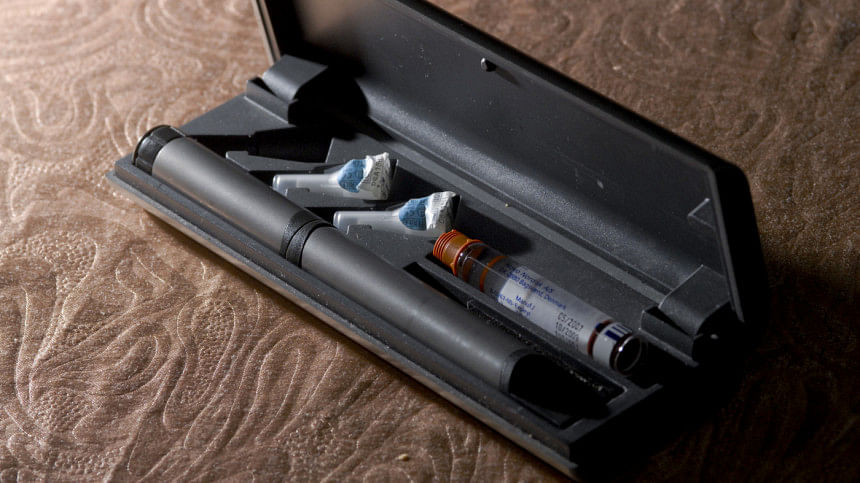Fasting for diabetics: Avoiding sugar is not enough

While tackling the heat is one thing, fasting for patients with chronic diseases such as diabetes can pose some serious health concerns. Long fasts put you at higher risk of hypoglycaemia, where sugar levels are far too low for the body to function, which can at times prove fatal for diabetics.
While fasting is a devotional act, if you are a diabetic, you must consult the physician before you choose to fast. The doctor will be able to assess whether you are fit enough to handle the long hours without food, and will also make adjustment to your medicine or insulin intake accordingly.
Make sure you do not miss any of your meals. While sleeping in during sehri might be tempting, missing the pre-dawn meal will increase health risks. Opt for food that is absorbed more slowly, such as basmati rice, lentils, fruits, and vegetables.
Forget the piyajus and begunis and all other deep-fried items during iftar. Instead, opt for healthier options such as fruits and vegetables.
Avoid sugary items as much as you can. While it is smart to break your fast with dates, avoid other items high on sugar content. Breaking your fast with dates will give your body the necessary glucose, but binging on it can increase your sugar level above limits.
Eat in small quantities, but eat frequently. At the end of fasting, drink plenty of sugar-free and decaffeinated fluids.
Opt for 8-10 cups throughout the night to avoid dehydration.

 For all latest news, follow The Daily Star's Google News channel.
For all latest news, follow The Daily Star's Google News channel. 







Comments